The government must be concerned about the Hindu- Muslim, Indian-Pakistani communal disharmony that surfaced in Leicester in September last year.
This is why Michael Gove, secretary of state for levelling up, housing and communities and minister for intergovernmental relations, has ordered an independent review into the unrest.
There are two theories about the violence. One is that Muslims from outside Leicester came into the city to confront the Hindus. The other is that a Hinduvta [Hindu nationalism] element has crept into the Indian community in the city.
Gove was right to say: “Leicester has a proud history of community cohesion, which makes last year’s disorder all the more shocking and upsetting.
“This review will build a thorough understanding of the specific events that took place and what can be learned from them.
“I have spoken to both the home secretary and the mayor of Leicester to underline the importance of protecting all parts of the community in Leicester, and we will not tolerate attempts to foster division or violence among people or between religious groups.”
The review will be conducted by an independent panel, and chaired by Lord (Ian) Austin, a former minister for housing and planning and former minister for the West Midlands.
He said: “Acceptance of each other’s background and beliefs is at the heart of our national identity. Communities living and working together have formed some of the most vibrant societies across the country and cities such as Leicester have proud histories of tolerance and diversity. This makes the scenes we witnessed in Leicester last year all the more worrying and it is therefore so important that we listen to people in Leicester to get to the bottom of what happened and why.”
We will have to wait and see what the review says. My impression is that people who settled in Leicester after being expelled from Uganda in 1972 – and their descendants – have learnt to live together. Perhaps there are newcomers in the mix, plus people who came from outside. For the time being it would be best if the community elders got together and found a way to keep the peace. And Diwali, for which Leicester is justly famous, should be for everyone.
The last thing we want is to import the politics of the subcontinent into Britain.





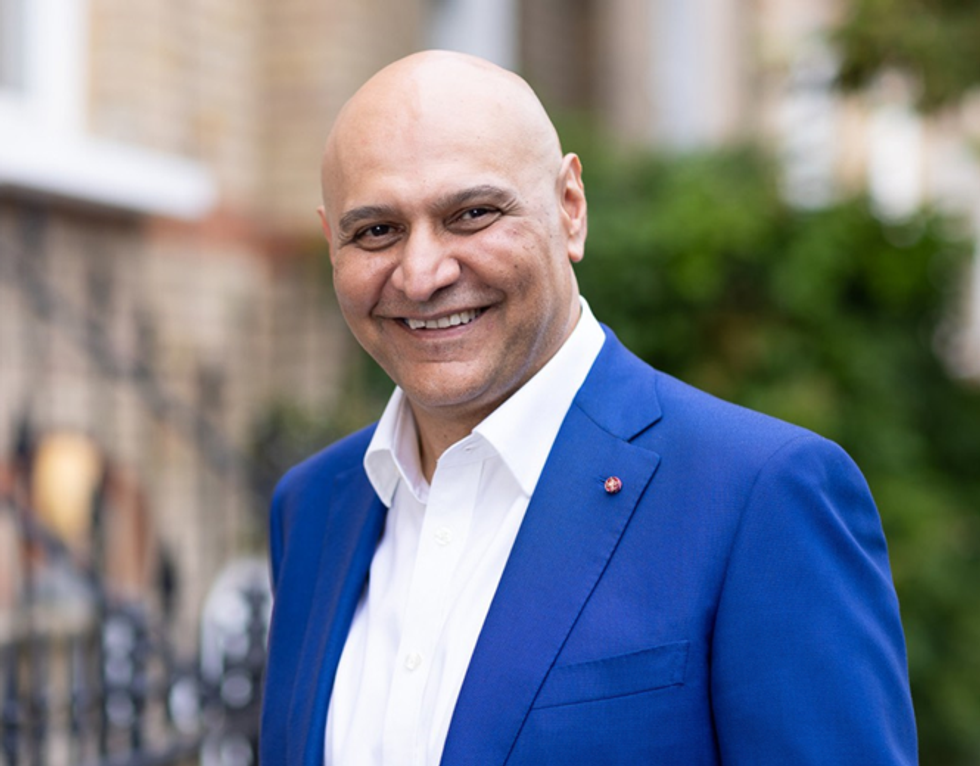












 Palestinians transport belongings in Gaza’s Rafah last Wednesday (22), following a ceasefire between Israel and Hamas
Palestinians transport belongings in Gaza’s Rafah last Wednesday (22), following a ceasefire between Israel and Hamas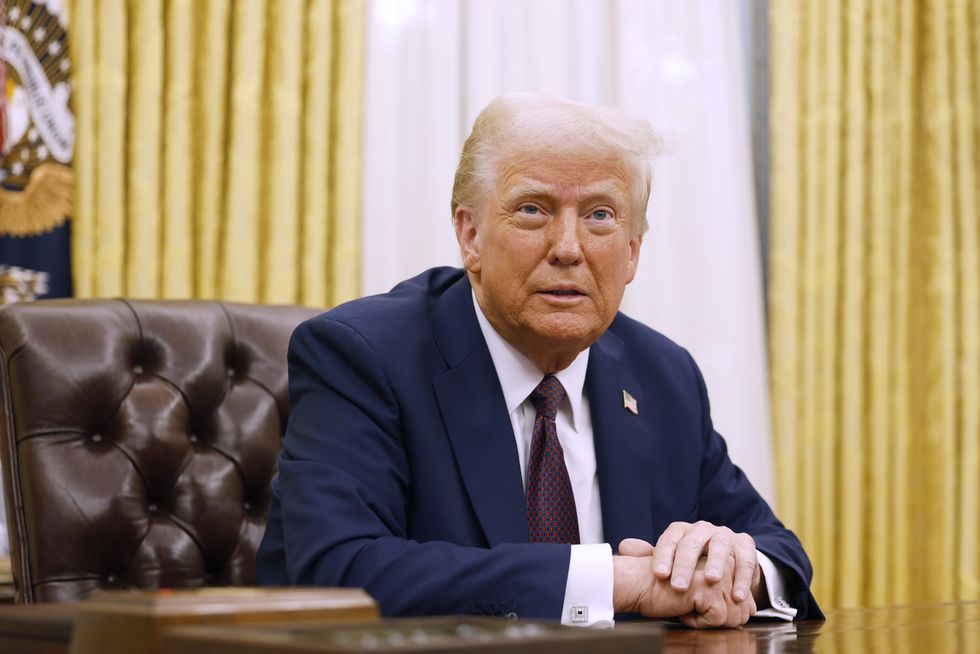 Donald Trump
Donald Trump

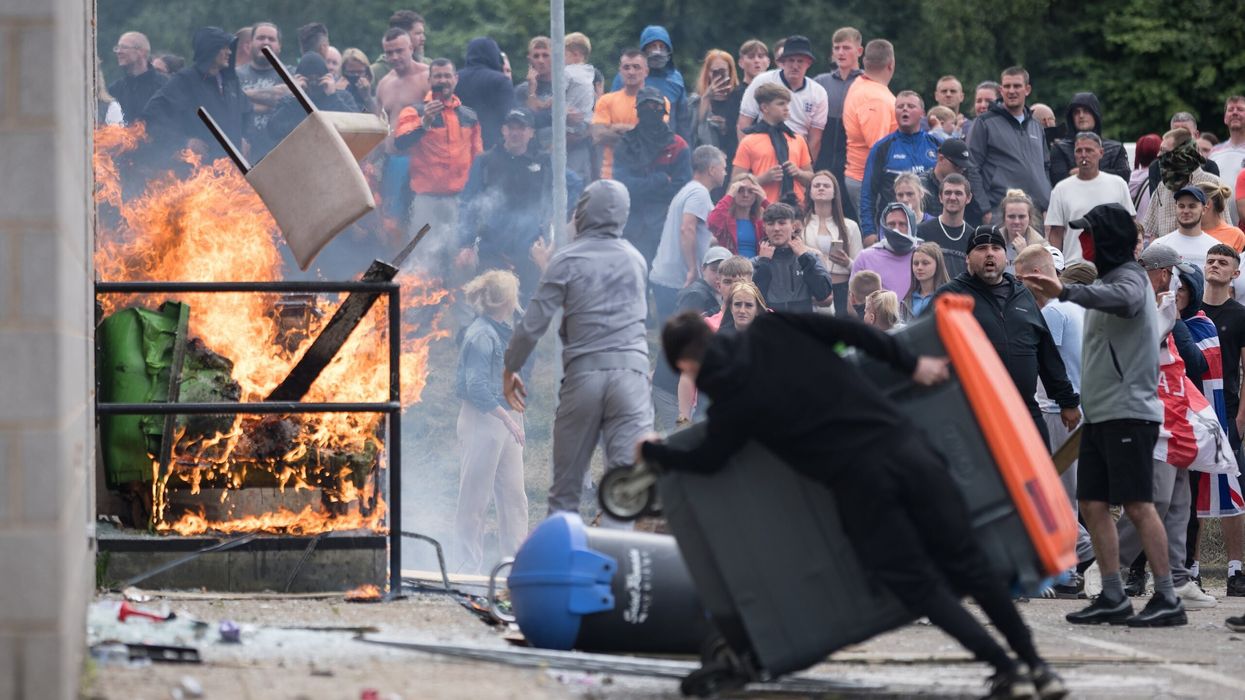
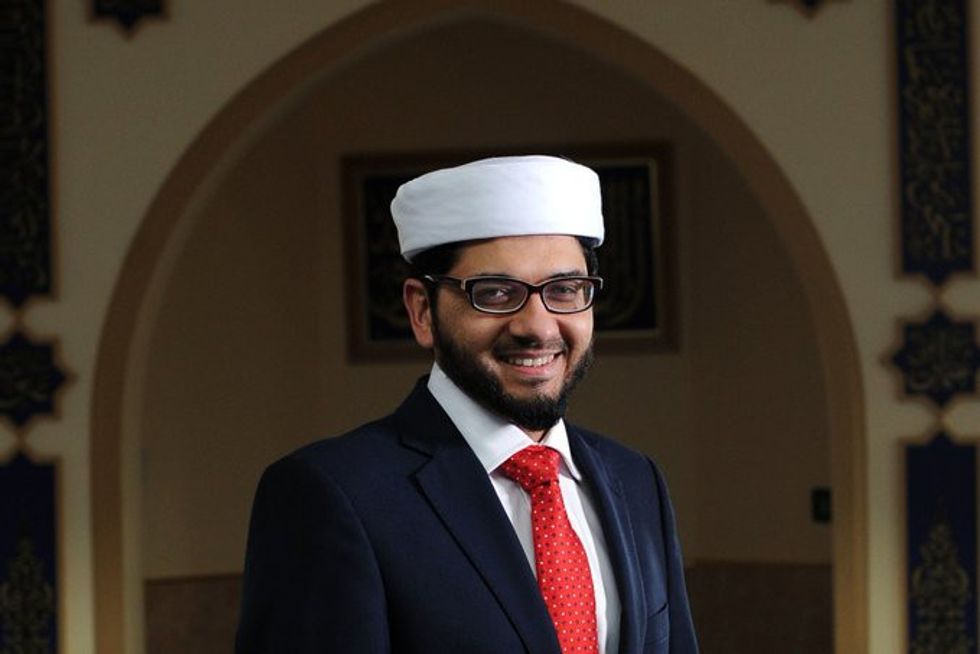

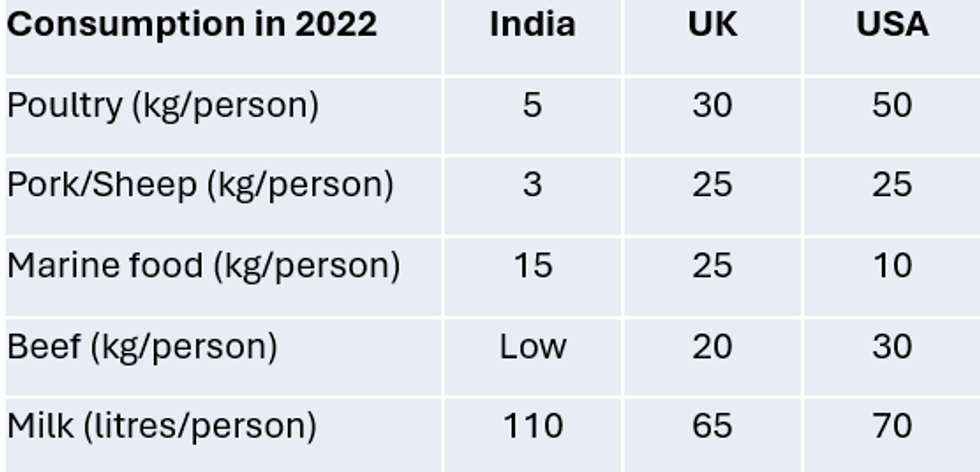
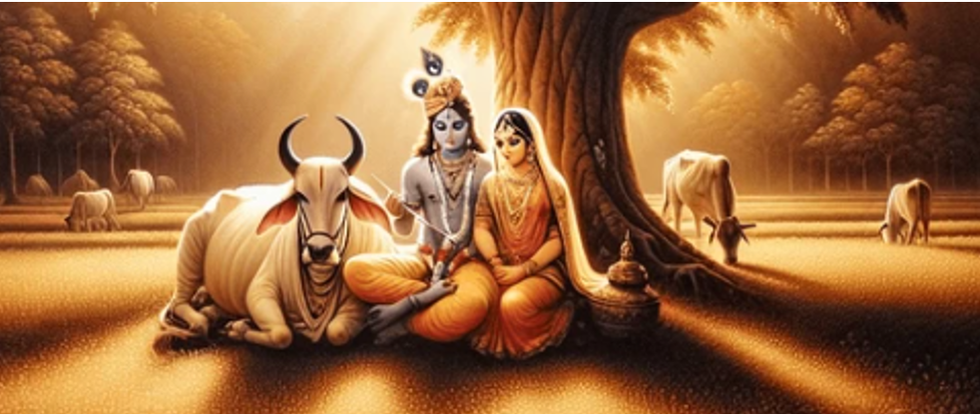 Krishna often depicted with calves and bulls as much as cows!
Krishna often depicted with calves and bulls as much as cows!
Leicester riots: Britain doesn't want subcontinent's politics
The people who settled in Leicester after being expelled from Uganda in 1972 – and their descendants – have learnt to live together